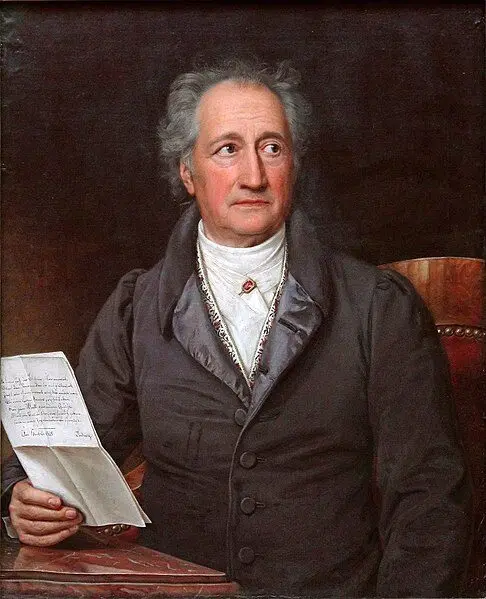Sometimes it would be nice to ask the good old poets and thinkers what they are thinking about our world today. Johann Wolfgang von Goethe is said to have been a beastly and sometimes even a hearty contemporary. Therefore it seems hard to imagine that he would have called a film title “Fack ju Göthe”, which has so much to offer linguistically, educationally and humoristically, immoral. Allegedly, and this is the subject of much debate, even this quotation is said to go back to the great prince of poets: “I like to remember the times when all limbs were flexible – except for one. But the times are over, all limbs have become stiff – except for one.”
Whether from him or others, the quotation fits perfectly with a decision of the European Court of Justice (CJEU) of the end of February this year (judgment of 27 February 2020, C-240/18 P).
The CJEU had to decide whether the well-known film title “Fack ju Göthe” had to be registered as a trademark for the production company Constantin. The Office of the European Union for Intellectual Property (EUIPO) had refused the registration with the argument that the sign was immoral and therefore could not be protected as a trademark.
The English expression “fuck you” and, consequently, the whole sign is vulgar and consumers may take offense at it. Even the malapropism “Göhte”, with which a highly respected writer is disparaged, does not distract from the offensive character of the insult “Fack ju/fuck you”. However, the applicant did not want to see this and went through the instances with her well-known title.
And was correct in the end.
The European Court of First Instance had confirmed the view of the Trade Mark Office, but the CJEU took a completely different view. According to the CJEU, the EUIPO and the CJEU had not sufficiently taken into account that the title “Fack ju Göhte” was apparently not perceived as morally reprehensible by the German-speaking public, because despite the great success and the associated high level of perception of the title, there had clearly been no public dispute about the title. Furthermore, young viewers had been admitted to the film and the films had also received funding from various organisations. The reference by the highest European court to the fact that the films themselves are used by the Goethe-Institut for teaching purposes is certainly also convincing.
At this point, we have often discussed the fact that not every good word finding can be protected as a trademark. Of course, the same applies to other forms of trademarks, for example pictures. If the question of protectability also involves weighing up possible immoralities, it naturally becomes difficult. Of course, one can argue about taste (and thus also the question of morality). However, after even the Federal Patent Court itself decided in 2011 that the German “F-word” can also be registered as a trademark (there for alcoholic beverages), the new decision of the CJEU seems to be obviously in line with a moral concept that has meanwhile become established among the population. For marketing reasons this is certainly a welcome relaxation. Whether the whole thing will pay off financially in the end or not is a completely different question. With 20 million cinema-goers to date, the answer to this question is not difficult in the case of the film title in question.

